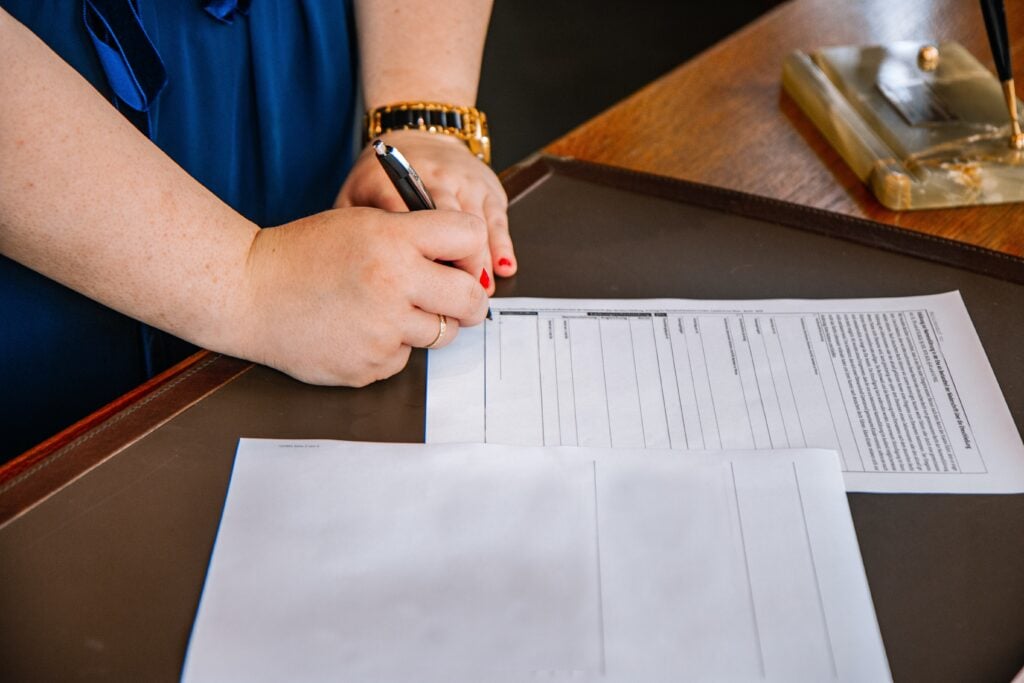Self-employed mortgage Broker
Who is a self-employed mortgage broker?
A self-employed mortgage broker is simply a specialist mortgage broker who is experienced and deals with self-employed mortgage applicants.
What are self-employed mortgages?
Self-employed mortgages are just as they sound, mortgages for the self-employed. In reality, it isn’t an actual product but gains this classification due to the fact that mortgage lenders view mortgages from the self-employed with more scrutiny and hence some specialist knowledge is required to avoid your self-employed mortgage getting rejected. You should, therefore, seek the advice of a self-employed mortgage broker.
If you were employed by an employed then the mortgage lender will typically just review your PAYE information but if you aren’t then the information required by various mortgage lenders and their lending criteria differs significantly.
self-employed mortgages do not necessarily influence the rates you are offered on your mortgage. There are different “types” of self-employed mortgages.
They include:
- self-employed mortgages for company directors
- self-employed mortgages for taxi drivers
- self-employed mortgages for sole traders and partnerships
- self-employed mortgages for doctors
- self-employed mortgages for contractors
- self-employed mortgages for IT contractors and more.
How do lenders assess self-employed mortgages?
Mortgage lenders will usually look at historical financial performance to gain an idea of what your average income and expenditure might be in the future.
You might say, yes, they do this with people who are employed too but in fact, they place significantly more emphasis due to the fact that self- employed future income tends to be less certain and somewhat variable than that of someone who is employed with a job.
The mortgage lender will often request 2 to 3 years of your SA302 Self Assessment tax calculation documents.
Due to the fact that there isn’t any standard practice with mortgage lenders as to who they approve or disprove for a self-employed mortgage, there are so many scenarios where someone could be declined with one mortgage lender and accepted with another for the same rate and with the same documents.
For this reason, you should seek the services of an experienced self-employed mortgage broker to guide you through your mortgage journey.
How much can you borrow with a self-employed mortgage lender?
Mortgage lenders all have different lending criteria and self-employed mortgage brokers will know which mortgage lender to place your case with for the amount you are seeking. It is difficult to say what a mortgage lender could offer without first assessing the specifics of the self-employed borrower’s case.
What do you need to get a self-employed mortgage?
To get a self-employed mortgage you will need the below things but your self-employed mortgage broker will likely have a more extensive list.
- 1- 3 years of your accounts
- An accountant who can certify your accounts and help answer queries
- A sizeable mortgage deposit
- A good credit score and history ( you should build your credit score if it isn’t good enough)
Aside from the above your requirements or needs may reflect more on the type of self-employed borrower you are:
self-employed mortgage applicant:
You will need at least 12 months worth of accounts and your SA302 from HMRC for the past 18 months or more.
Contractor or freelance self-employed mortgage applicant:
If you’re a contractor or freelancer you’ll need your current contract and some basic accounting for the past 12 months. This is the case if you work through a limited company or without one. You will also need your personal tax returns and company accounts if you work through a limited company. As a contractor, the self-employed mortgage lender will look at your average daily rate.
Limited company director self-employed mortgage applicant:
If you are a limited company director then almost all self-employed mortgage lenders will want to see at least 1 years worth of your personal tax returns and company accounts. The mortgage lender will look at your salary as well as your share of any net profits and your ownership of the company.
Can you get a self-employed mortgage with bad credit?
Getting a self-employed mortgage with bad credit is very possible but you will need to get help from a specialist self-employed mortgage broker who can advise you on a mortgage lender who will be willing to lend to you.
In the first instance, you should always look to build your credit.
When referring to mortgages, bad credit includes:
- No credit history
- Low credit score
- Late payments
- Missed mortgage payments
- Defaults
- CCJs
- IVAs
- Debt management Schemes
- Repossessions
- Bankruptcy
- Payday Loans
How long do you have to be self-employed to get a mortgage?
You can be self-employed for a year after which you will likely find some mortgage brokers who are willing to accept your application. It is advised that you have more than 1 years worth of accounts as this is sufficient time for a self-employed mortgage lender to assess your finances over.
Can I get a mortgage if I am self-employed?
Yes, you can get a mortgage if you are self-employed but you will need to meet stricter mortgage lending requirements. To help you get a mortgage as a self-employed borrower you should ensure you do a few if not all of these things.
- Avoid any defaults, IVAS, bankruptcies, CCJs etc on your credit file within the last 3 years
- Avoid payday loans as they will make you look bad to the mortgage lender
- Avoid gambling as the mortgage lender will have a look at your banking data and gambling might indicate that you aren’t financially responsible
- Have a sizeable mortgage deposit of at least 20%. Having a sizeable mortgage deposit make it easy for the lender to lend to you as a self-employed borrower. This is because you come across as less risky.
- Ensure you are on the electoral roll at your residential address. You can check your credit file to see if you are on the electoral roll and if you are not you can contact your local council and ask them to register you on the electoral roll.
- Do not apply for credit at least 3 months before you get your self-employed mortgage. If you get rejected or have too many applications within a short space of time on your credit file this may make you appear desperate to the mortgage lender.
- Have proof of your mortgage deposit ready before seeing a self-employed mortgage broker
- Get your documents together
Can I get a mortgage if I have been self-employed for 1 year?
Yes, you can get a self-employed mortgage with one year of account but you won’t find too many mortgage lenders who are willing to lend to you. You should seek a self-employed mortgage broker with access to a wide panel or whole of market panel of mortgage lenders as this will improve your chances of finding a mortgage lender willing to lend to you.
Do mortgage lenders check with HMRC?
Yes, if a mortgage lender has reason to doubt the figure you have given as genuine they could contact HMRC through the mortgage verification scheme. HMRC will then be able to let the mortgage lender know if the figure you have provided is indeed false. You could then face a criminal investigation.
Can I get a mortgage with less than 2 years of employment?
Whilst you can get a mortgage with less than 2 years employment this would be harder if you are a self-employed mortgage applicant as mortgage lenders will prefer to see 3 years although some will accept 1 or 2 years worth of accounts. If you are employed and not self-employed then less than 2 years employment will be fine for the mortgage lender.
How is self-employment income calculated for a mortgage?
Mortgage lenders will calculate your income based on your historical accounts and come up with an average amount you have as disposable income at the end of every month. This doesn’t apply to every self-employed person as some self-employed people such as dentists and company directors actually draw a normal income from their companies. self-employed income is therefore calculated on a case by case basis and you should seek the help of a self-employed mortgage broker to guide you.
Can you still get self-cert mortgages?
No, self-cert mortgages have been banned in the UK but can still be gotten from Europe.
Self-cert mortgages essentially allowed you to certify your income to the mortgage lender. You had no obligation to actually prove how much you earned to the mortgage lender.
Self-cert mortgages are risky and the likelihood of you losing your home is significantly increased.
Do mortgage lenders contact employers UK?
Some mortgage lenders will contact your employer for a reference or to verify the income documents you have provided.
How many months payslips do you need to get a mortgage?
You will usually need to provide your last 3 months payslip along with your bank statements for the past 6 or 12 months to get a mortgage. Some mortgage lenders might request your payslips for 6 months or even up to 12 months.
How much do I need to earn to get a mortgage?
Mortgages are usually calculated at 4 times your income. This means to get a £400,000 mortgage you will need to be earning around £100,000 per year. You can, of course, reduce the amount you have to borrow from a mortgage lender by using government first -time buyer schemes such as the help to buy equity loan or by putting down a bigger mortgage deposit from your savings or gifts from family and friends.
If you are struggling to save a mortgage deposit for your self-employed mortgage then you may be able to get some government help through the governments home buying schemes.
If you need financial advice and you live in the UK then you could contact the Money Advice service over the phone or via chat for impartial advice.
You can also contact the debt charity “Step Change” if you are in debt and need help.



